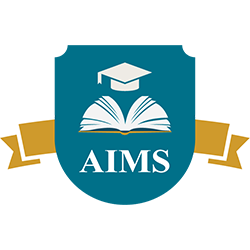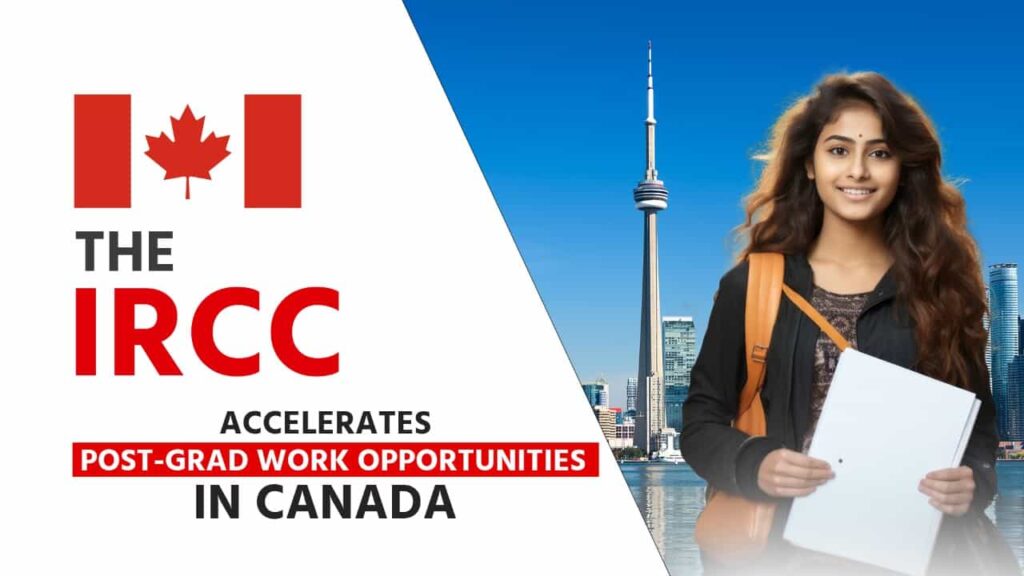In Canada, IRCC stopped plans where schools team up with companies to bring in lots of students in the summer before they lose eligibility for the PGWP.
On January 22, IRCC said that international students who graduate from college programs offered through a public-private agreement won’t be able to get a work permit after they graduate anymore. The change was supposed to happen on September 1, but IRCC said this month they’re moving it to May 15. This means that if international students start this program after that date, they won’t get a work permit after they graduate.
A spokesperson for IRCC said they changed the start date to stop colleges from changing when the fall semester begins and to make the effect happen sooner. Some schools affected by the change might have moved their fall admission to June or August.
The change was due to take effect on September 1, 2024
Since the announcement, IRCC has said that even though the criteria for post-graduation work permits have changed, graduates of these programs can still apply for other types of work permits after they finish their studies. “For jobs that don’t have enough workers in Canada, a graduate could ask for a work permit with help from an employer’s approved assessment of the job market, for instance,” it said.
“IRCC will keep working with provinces and territories to find programs that have been affected by the clarification,” it said in a statement. Earl Blaney, who is really into international student rules and owns Study2Stay, talked about his ideas with The PIE.
Blaney said IRCC is worried about how good Public College-private partnership programs are for international students. They’re concerned about things like not enough help for students, the quality of education, and finding a place to live, especially in the Greater Toronto Area where many of these campuses are.
IRCC’s initial announcement in January 2024 sought to reduce interest in some programs
“In January 2024, IRCC said they wanted fewer people to be engaged in these programs. They decided to stop allowing PGWP eligibility.” “The federal government can’t easily stop colleges and universities from accepting international students, as this falls more under the control of provincial governments.”
Blaney mentioned that IRCC’s actions in September to reduce student interest were mainly for consumer protection reasons. Public colleges then started changing their start dates to get around this. It’s simple to see this as public colleges caring more about making money than what’s best for students. Blaney thinks this shows that the federal government made a very smart decision.
To get more updates about the IRCC in Canada, stay tuned to AIMS Education

AIMS Education is a reliable study abroad consultancy firm guiding students in selecting courses, and universities and helping them apply and secure their student visas. Also, AIMS Education is a British Council-certified agent and is listed on the British Council’s global agent list. We provide student recruitment services in the UK, USA, Australia, Canada, Hungary, Poland, Denmark, Malta, Finland, France, Germany, Austria, Spain, Sweden, Malaysia and UAE. Not only this but also AIMS Education is an ICEF Accredited Agent, UCAS Registered Centre, Expatrio Partner, PTE and Language Cert Partner. With an almost 98% student satisfaction rate and 10+ global awards, AIMS Education is now a name of trust among study abroad aspirants.

